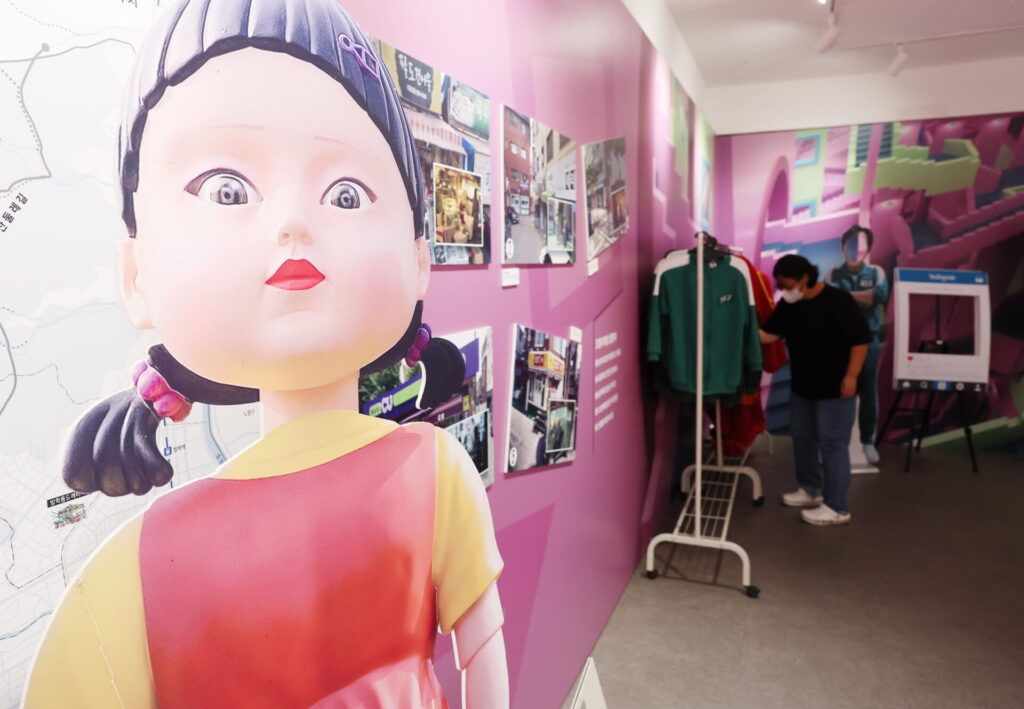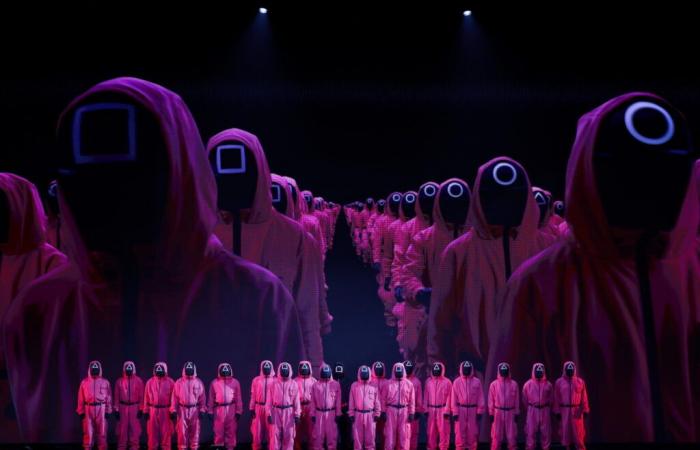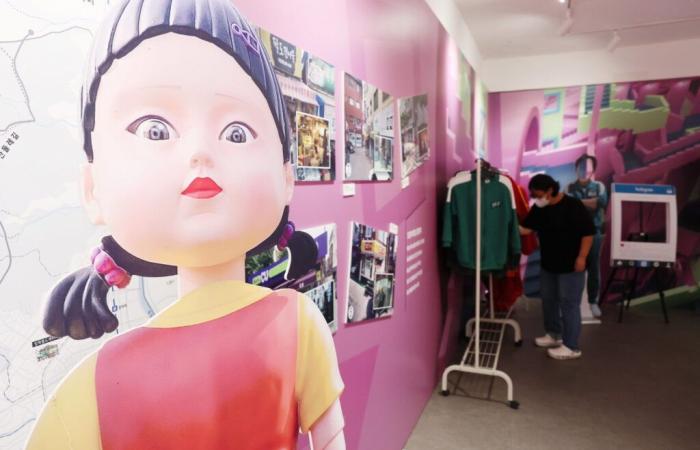The countdown is over: Netflix is about to release the second season of Squid Game. Not just any television series but one that broke every record. The one, for example, which is still the most viewed on the US platform today (more than 265 million times for a total of 2.2 billion hours watched), which generated an impact value for the “big N” of 900 million dollars, and that, last but not leastmade known the dark side of South Korea to the global audience.
Squid Game (official release of season number 2: December 26) takes place in Seoul. It tells the story of Seong Gi Hun, a divorced and inundated man debtswho, together with 455 other people – all of them also financially ruined – is invited to take part in a extreme competition.
The rules? Very simple. Participants must pass tests that consist of children's games, such as tug of war and the classic one two three star. However, they are deadly games, because whoever wins advances in the race while whoever loses dies. The stakes for the final winners amount to 45.6 billion won (around 33 million euros), to which must be added just under 80 thousand euros for each competitor who dies during the course.

The mirror of South Korea
But why has the “Squid Game” – this is the translation of the title, and takes the name of a well-known Korean game for children – turned into an unprecedented global success?
Do you want to receive our newsletters?
First of all, why Squid Game is a series involving South Korea, and like most entertainment products made in Korea it is content that manages to capture the attention of global consumers. All thanks to soft power of Seoul, of the country's refined ability to focus on culture 2.0, which no longer includes only old temples and ancient vases, but increasingly musical bands, television series, films and novels.
Then there is the meaning of Squid Game to consider: a brutal satire of the equally brutal South Korean society, as well as of wealth inequality produced by capitalism unbridled. In the episodes of the series you can feel the suffocating atmosphere of Seoul: the capital mirror of a country that has seen its economy grow, but which has also witnessed the consequent disintegration of its values.
Suffice it to say that at the end of the Korean War, in 1953, South Korea had a GDP equivalent to one of the poorest nations in Africa, only to be consecrated, in 2020, by the OECD as the tenth world power by GDP.
This almost unprecedented leap forward was led by the so-called chaebolthe large conglomerates called Samsung, LG, Hyundai, Lotte. They are the same ones who have enriched millions and millions of people, but who have lost some along the way: the poorest, the ones defeated by globalization. People who have grown in number and in general silence, year after year, due to an increasingly less effective national welfare system, the increase in prices resulting from financial speculation e di economic crises more or less serious.

The shadow of economic inequality
As you devour episodes of Squid Game 2you might ask yourself what is happening in South Korea. Despite the power vacuum created in Seoul following the political earthquake triggered by Yoon Suk Yeol, the impeached president with an almost doomed future, one cannot ignore the economic situation of the country.
In South Korea, in fact, the debt growth has largely surpassed that of pill nominal. The reason? Tepid wage gains, combined with rising costs of living, have forced South Koreans into debt. And with the economic outlook declining and interest rates slashed to historic lows during the pandemic, some have taken on even more debt to purchase assets – ranging from real estate to stocks to cryptocurrencies – betting that speculation was the only solution to be successful.
The results are tragic. The youngest have begun to give up the search for a home, a career, a partner, children. Many have even chosen to take their own lives, helping to skyrocket the suicide rate national which is the highest in the OECD (for every 100 thousand people aged between nine and 24, the suicide rate is 10.8).
Well, Squid Game it is a dangerous alarm bell that broadcasts to the world the price to be paid to respect the rules of capitalism: growing debt among the population, enormous social inequalities and that annoying sense of no longer being able to move forward.
Give us one more minute of your time!
If you liked the article you just read, ask yourself: if I hadn't read it here, could I have read it elsewhere? If there was no InsideOver, how many wars forgotten by the media would remain so? How many reflections on the world around you couldn't you do? We work every day to provide you with quality reports and insights completely free of charge. But the type of journalism we do is anything but “cheap”. If you think we are worth encouraging and supporting, do it now.









